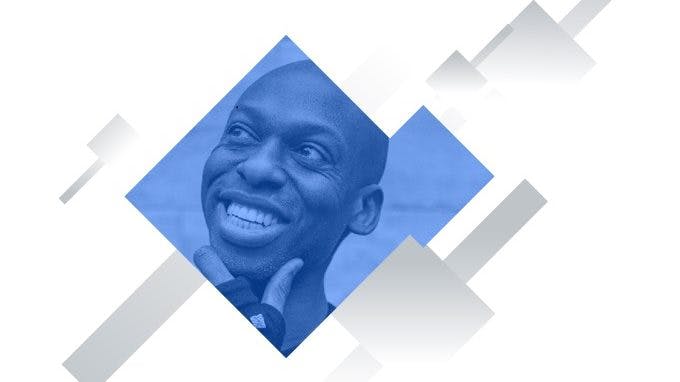All’s fair in love and war, but even the stock market has rules. So, when the Masters of the Universe can so easily change those rules to squash a Peasant’s Revolt, we know that something is going very badly wrong with the global financial system.
M any commentators have argued that the orchestrated boosting of GameStop’s share price
is the beginning of a revolution; an uprising of the poor and the powerless against the elites of international finance. That misses the bigger story. What we’ve seen over the last couple of weeks has in fact been brewing since at least the 2008 crash, and had been bubbling under for years before then.
The GameStop story is merely the fruition of a largely unreported trend of ordinary people educating themselves about the rules of The Game, and harnessing new tools that enable them to turn these rules against their masters.
Where the last century’s revolutionaries were focused on seizing the means of production, today’s rebels need only control the means of education to beat the rulers at their own game.
Before we pesky “peasants” started educating ourselves, things were simple. In the beginning was the GameMaster. In the market he created there were the expert players, and then there were ordinary folk who supplied the former with a steady stream of easy wins because they didn’t know how to make the winning plays.
The GameMaster looked upon the system he had created, and saw that it was good.
But then the previously powerless started to communicate, collaborate and coordinate. They learned the rules of the game so well that they became as good as the experts — and able to “game” the game itself.
And the GameMaster felt that this was very much not good, and changed the rules accordingly.
What’s astonishing (or perhaps not) is the way the GameMasters have framed this revolt. The activities of redditors who have the temerity to (gasp!) buy shares in a publicly listed company have been decried as “market abuse” by the regulators around the world, including t he UK’s Financial Conduct Authority.
The scramble by exchanges to suspend trading of GameStop shares could not be a clearer sign of panic. And, like so many measures taken in hectic haste, it has sown the seeds of a fresh disaster — for the GameMasters, this time, rather than the ordinary investor.
For when we see the financial system rush to rip up the rules and rugpull us, it could not be clearer that we are not welcome to play the Game. Just stop. Do not pass Go. Do not collect
£200. Just sit by and watch the elites continue their monopoly of the markets and their re-writing of the rules whenever it suits them.
This is what the little guy is learning, if (s)he didn’t already know it. But whereas in 2008 we lacked any alternative, and were powerless in the face of a system where the odds were stacked against us, now we have a means of fighting back. Bitcoin is a system where the game cannot change because the rulebook is set in stone. The Laws of Bitcoin are adamantine; unalterable; baked in. They cannot be bent for the benefit of the big players; there is no GameMaster to enforce arbitrary rules that prevent ordinary people from fighting back against the system — and winning.
Early adopters have always known this, and it’s long been one of Bitcoin’s key attractions, far and beyond the opportunity to make quick bucks. Bitcoin represents a truly level playing field, and the satoshi drops for everyone eventually.
And that’s where we’ll see the conversation starting to shift around Bitcoin. The GameStop shenanigans is the most powerful advertisement for the failure of traditional markets and the benefits of Bitcoin. Ordinary investors are quickly cottoning on to the fact that Bitcoin provides certainty: not of risk and reward, but of rules.
Fairness is all that Bitcoiners demand. And whereas other revolutions deployed the guillotine or the rifle, our most powerful weapon is education. Let the GameMaster do his worst: it will only drive more people to begin their own learning curve and journey away from a rigged system towards financial freedom.
